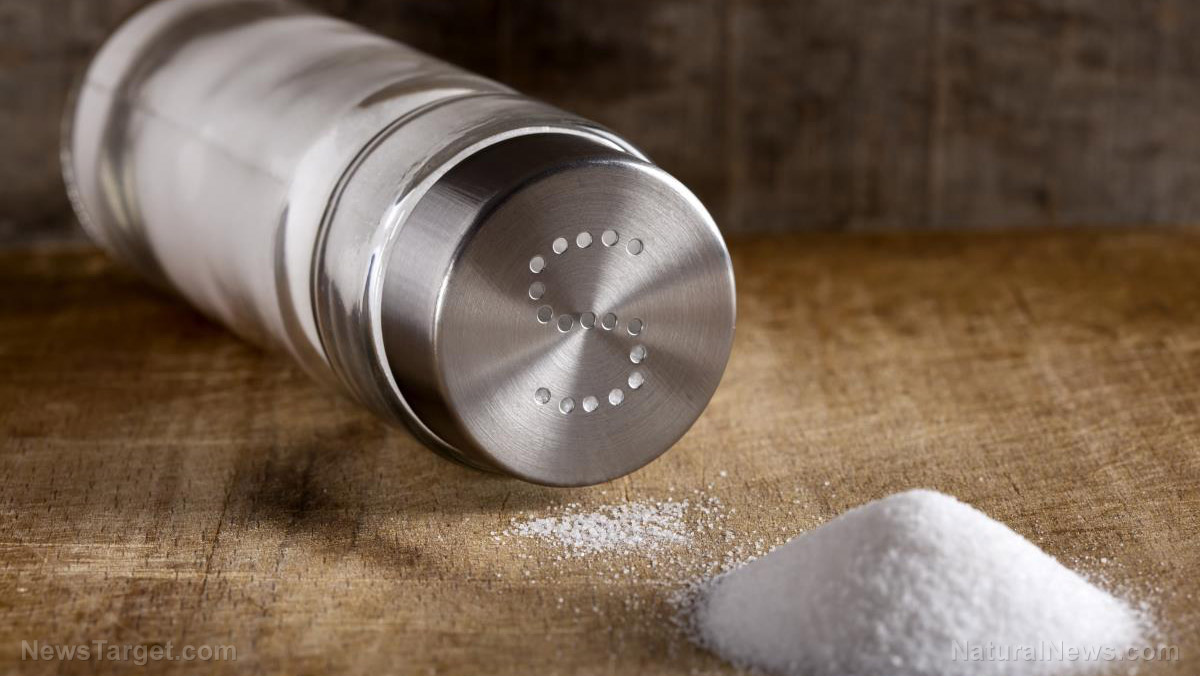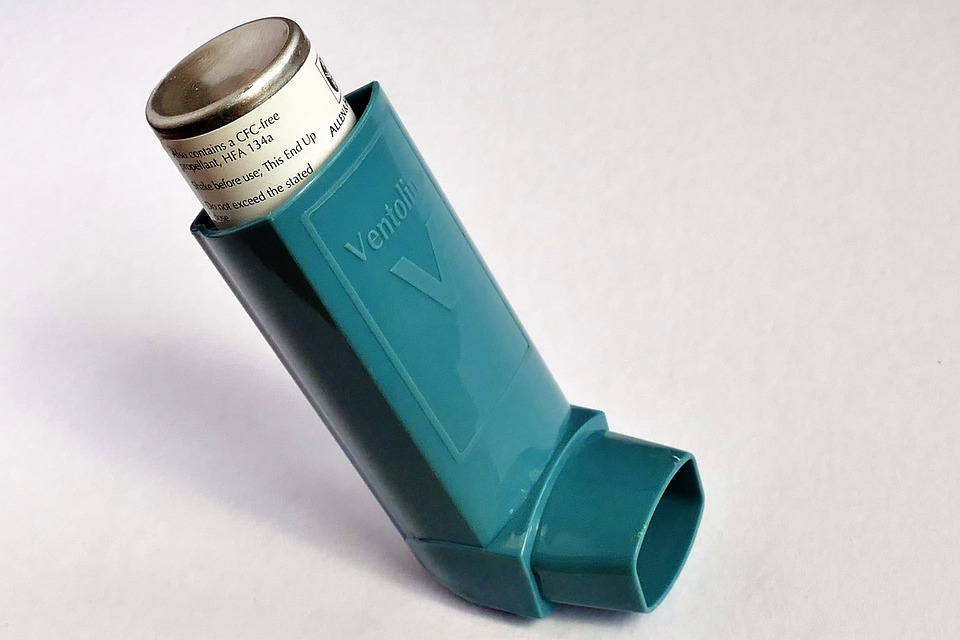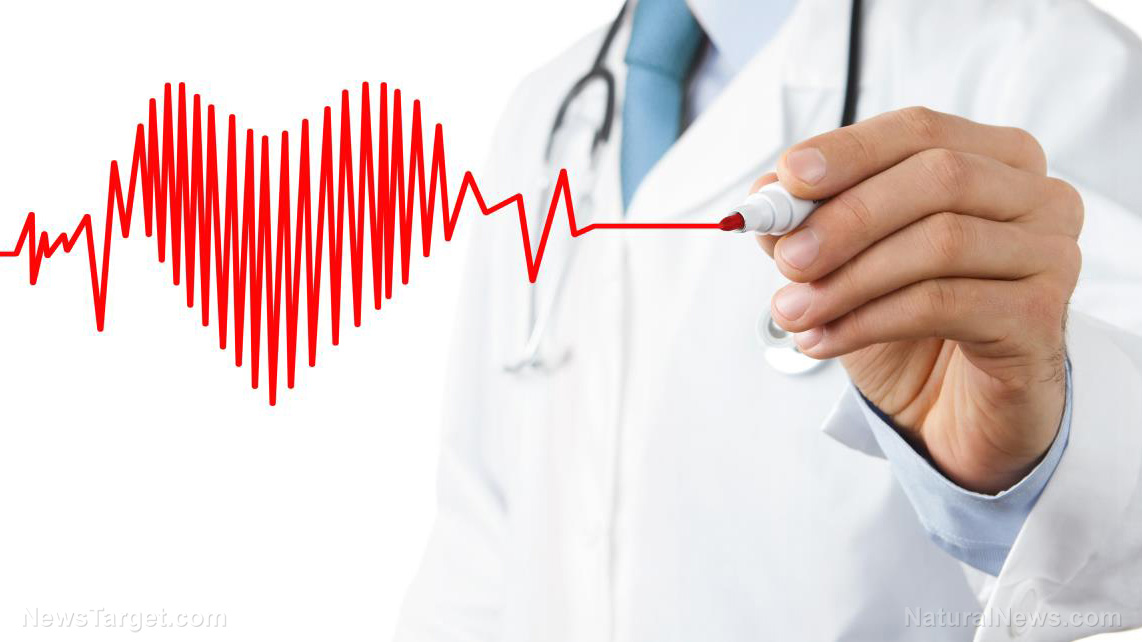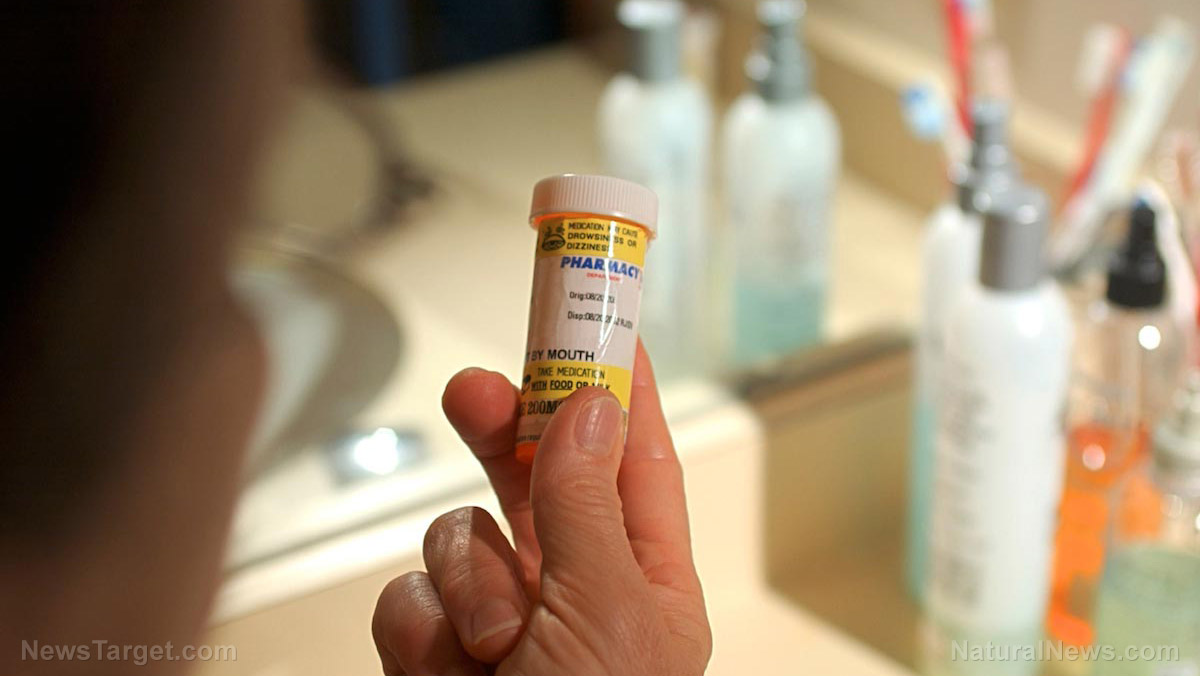Why you need sodium, and how much is necessary – too much or too little causes health issues
08/13/2018 / By Rhonda Johansson

It is no secret that most of us consume way more sodium than our bodies need. The latest nutritional analysis done by the Food and Drug Administration (FDA) states that, on average, we consume 50 percent more sodium than we need every day. Multiply that by the number of years we’ve gorged on potato chips, and it’s a wonder why more of us don’t suffer from conditions related to excess sodium such as hypertension and cardiovascular disorders.
Yet, it’s a precarious situation we’ve placed ourselves in. Sodium (which is mostly found in salt) is an important electrolyte. We need sodium to survive. Sodium helps the body manage different functions and keeps us well-hydrated.
But how much is too much? The FDA recommends a daily sodium intake of up to 2,300 milligrams (mg) per day. This is roughly a teaspoon of salt. However, most Americans consume an average of 3,400 mg per day.
Throwing that salt shaker away won’t work either. Let’s be realistic: Most of our salt intake is not in how much salt we add to our dinners, but in the amount of processed food we eat. Food such as pizza, deli meats, pasta dishes, and many salad dressings are notably high in sodium.
Food does not always have to taste salty to be high in sodium. Some sweet-tasting cereals and pastries contain large amounts of sodium as well.
Consuming too much sodium can lead to several medical conditions. Too often, we do not know that our bodies are already degrading until something serious happens. Nevertheless, there are some tell-tale signs that you may have too much sodium in your system.
- Foggy brain – A 2011 Canadian study concluded that adults who consumed a high-sodium diet were more likely to enter a cognitive decline as they aged. These adults were also more vulnerable to have a “foggy brain” or the condition where mental processes are not made as fast as they should be.
- Excessive thirst – Too much sodium can make you feel thirstier than usual.
- Swelling – An imbalance of electrolytes in the body can cause swelling, especially in the limbs.
- High blood pressure – Excess sodium in the body contributes to an increased blood pressure. Your heart has to work harder to hold more fluid in the body.
Nevertheless, the opposite end of the spectrum is not peachy-keen either. Having too little sodium in the body can contribute to heart failure and body dysfunction. The condition, known as hyponatremia, can make people sluggish and confused. Hyponatremia can also worsen to muscle twitches and seizures.
So what should I do?
Always take things in moderation.The best way to manage proper sodium levels in the body is to maintain a healthy weight and eat the right food. The DASH (Dietary Approaches to Stop Hypertension) Diet is one of the more highly-recommended eating programs for Americans — especially for controlling sodium levels.
But you don’t have to follow that specific diet to see results. If you want to keep an eye on the amount of sodium you consume each day, remember to:
- Know what you’re eating – Some fast-food restaurants offer meals that have four to five times the amount of sodium you need daily. If there is really no choice but to dine out, downsize portions or share a dish with a family member. Some franchises offer nutritional information on their offerings at their websites. (Related: How To Balance Your Sodium Intake.)
- Choose unprocessed food – As much as possible, buy food that is unprocessed. A lot of canned and frozen foods have added salt.
- Learn to read labels – Choose items that have a sodium content that is less or equal to the calories per serving.
- Know the items that are high in sodium – Awareness is key. Some of the highest-sodium food common in our diets include pizza, white bread, processed cheese, ham, and hot dogs.
The transition to a lower-sodium diet can be hard at first, but practice helps. Your taste buds need to be re-trained so that you will learn not to crave salty food. With a lot of hard work and diligence, you will reap all the health benefits of having a perfectly sound body.
Sources include:
Tagged Under: baddiets, DASH diet, disease causes, exercise, healthy diets, healthy eating, heart health, high blood pressure, hypertension, nutrition, salt, sodium


















